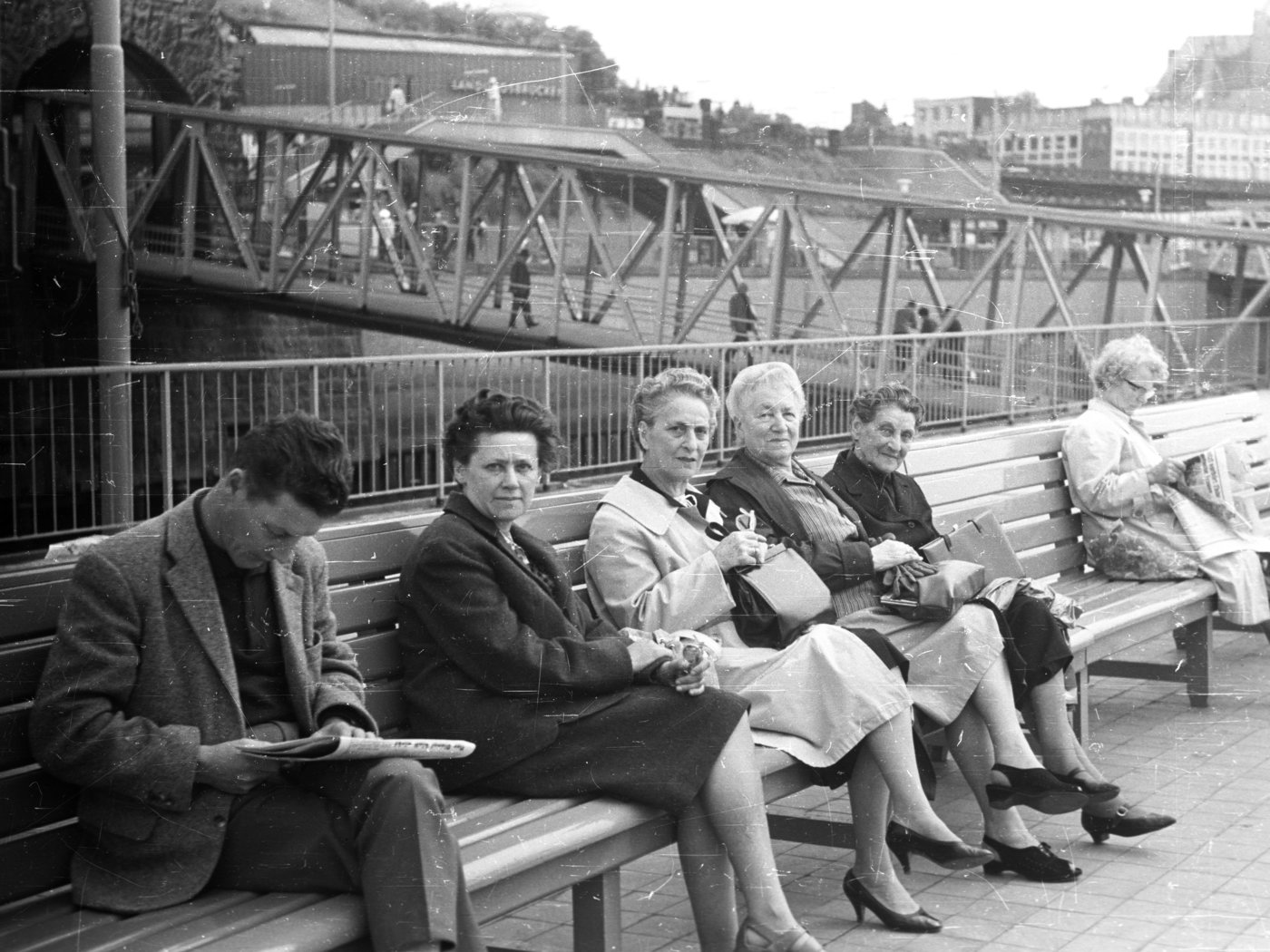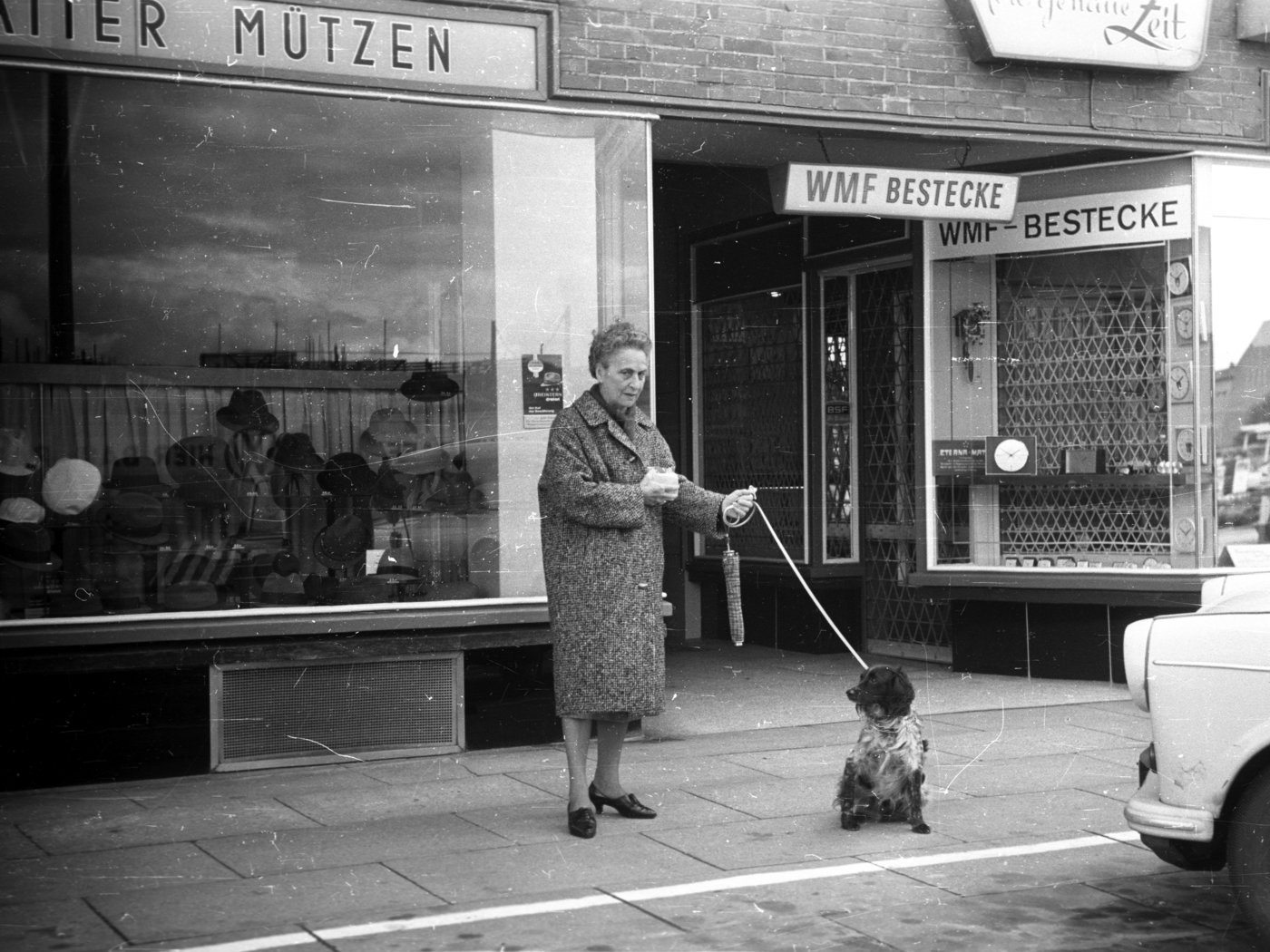Intergenerational relations – especially conflicts between ‘fathers’ and ‘sons’ – play a key role in explaining processes of value change in mid-20th century Europe. Contemporary historians often point to the student protests of the late 1960s as the climax of a growing generation gap between young and old. Most such accounts focus on young men and their rebellion against their biological as well as intellectual fathers. But much less is known about the attitudes of old people and women during the core period of value transformation from the 1960s to the early 1980s. Therefore, this project approaches value change and intergenerational conflicts from the perspective of the elderly – i.e. those over 60 years old. It relates the history of ageing to the ongoing, rapid change in gender norms and pays special attention to the under-researched role of older women. Case studies are drawn from West German as well as British sources.
Many key conflicts about changing gender and generational norms played out in ‘private’ settings defined by kinship. Initial findings show that in both countries, the rise of affluence and welfare provision meant a steady decrease in open generational conflict within private households. This was true even during times that saw increased references to clashes between young and old on the political stage and by the mass media. Conflicts between grandparents, parents, and adult children now became less frequent. They were less often about money and more often about changing ways of ‘doing gender’ among the young. Women of all ages were heavily involved in these conflicts.
To analyse everyday conflicts in private settings – i.e. situations in which kinship and gender norms were negotiated – the project makes extensive use of interviews with ordinary people from the second half of the 20th century. These sources were generated by contemporary social science and humanities researchers. For the Federal Republic of Germany, 3,000 hours of taped interviews were produced within the framework of a large gerontological longitudinal study at the University of Bonn. The so-called BOLSA (Bonn Longitudinal Study of Aging) is unique because almost all of the interviewees belonged to the lower and lower-middle classes, and half were women.
The British comparison is based on transcripts of roughly 200 interviews with pensioners and their children and grandchildren conducted by oral historians from the University of Essex between 1985 and 1988. The study, led by Paul Thompson, was entitled ‘Families, Social Mobility and Ageing, an Intergenerational Approach’ and recruited 110 representatively selected families in England, Wales, and Scotland.
In both cases, interview sources are supplemented by contemporary social science surveys and data.
Related publications
Das andere Achtundsechzig. Gesellschaftsgeschichte einer Revolte (Munich, 2018; new edition Bonn, 2019)
‘Writing Women’s Agency into the History of the Federal Republic: “1968”, Historians, and Gender’, Central European History, 52 (2019), 87–106
‘Carolina Rahm und das deutsche Jahrhundert der Extreme‘, in Jörg Später and Thomas Zimmer (eds.), Lebensläufe im 20. Jahrhundert (Göttingen, 2019), 167–85
‘Zur Generation der 45er: Stärken und Schwächen eines Deutungsmusters‘, ApuZ (2020) [https://www.bpb.de/apuz/303637/zur-generation-der-45er-staerken-und-schwaechen-eines-deutungsmusters]
C. von Hodenberg and Katrin Moeller, ‘Die Stimmen der Alten: Die BOLSA-Forschungsdaten als Quellen der deutschen Zeitgeschichte’, Zeithistorische Forschungen, 2020/2 (forthcoming 2020) [https://zeithistorische-forschungen.de/]
Related Events and Presentations
‘An Era of Value Change: The Seventies in Europe, Conference’, GHI London with Queen Mary University of London and GHI Rome, 14-16 Mar. 2019
‘Generational Clash and Gender Conflict in an Era of Value Change’, lecture at University of California, Berkeley, 17 Apr. 2019
‘Over 60 in the Sixties: The Older Generation and Youth Protest in West Germany’, Institute of European Studies at University of California, Berkeley, 11 Apr. 2019 [https://www.youtube.com/watch?v=4Y5kYBX20Hc]
‘The Sixties in Germany and Britain: A Cultural Revolution?’, special subject module for undergraduate students, Queen Mary University of London, 2017/18
‘Der Don Karlos-Komplex der 68er: Familiäre Generationen und die Revolte’, conference panel ‘Zerreissprobe 68: Andere Perspektiven auf die westdeutsche Revolte’, Deutscher Historikertag, Münster, 28 Sept. 2018
‘Reanalysing Life Story Interviews from the 1960s from a Social History Perspective’, lecture at conference ‘Interviewing the Interviewer’, GHIL, 5 July 2019
 Ageing and ‘Doing Gender’ in the Era of Value Change
Ageing and ‘Doing Gender’ in the Era of Value Change

